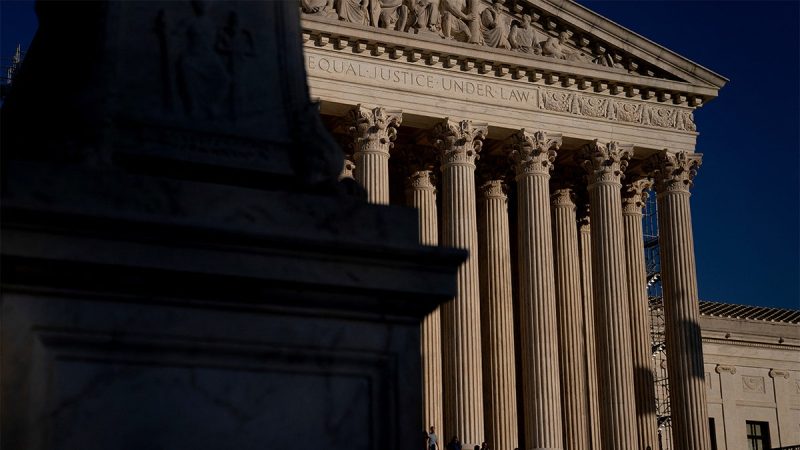The Supreme Court Chief Justice’s 2019 report on the use of artificial intelligence (AI) technology for election systems is warning of potential risks and ethical dilemmas associated with its use in voting ahead of a potentially contentious presidential election year. The report recommends that states slow down their development and implementation of the technology in order to avoid “unexpected outcomes and unintended consequences” that could disrupt the electoral process. It also advises that states consult with experts in computer science, ethics, and civil rights as they develop and use the technology.
Specifically, the report focuses on several key areas, such as the use of AI-based biometric authentication to replace traditional methods of voter identification, automated voter registration systems, and decision-making technology for vote counting and tallying systems. According to the report, while these systems offer promising technical and cost savings over traditional methods, there is a risk of errors due to faulty programming and malicious cyberattacks. The report also cautions against the potential use of AI-powered real-time risk assessment tools to limit the influence of foreign or domestic propaganda in campaigns.
The Supreme Court Chief Justice report serves as a reminder of the importance of a careful, responsible approach to the development and implementation of AI technology in the voting process. It highlights the need for states and the Society of Election Officials to ensure that any new technologies are properly evaluated and tested, and that public oversight is in place to ensure transparency and accountability.
